ImmuneWatch Validates their Expertise in TCR Specificity Prediction in an Independent Machine Learning Competition
We are excited to share our recent win in the IMMREP23 Kaggle competition focused on TCR (T-cell receptor) specificity prediction. This win is a testament to our team’s expertise in implementing advanced machine learning in immunology.
The competition required predicting TCR-epitope binding, a key challenge in the field of immunoinformatics. To assess the current state-of-the-art in the field, the competition organisers generated unpublished TCR-epitope data and encouraged everyone active in the field to submit their solution, allowing multiple entries from the same entity.
We are proud that out of >50 entries, we have achieved the top score with our DETECT algorithm resulting in an average macro AUC of 0.8624. An achievement that was not possible without the dedication of our team. However, we would also like to acknowledge the dedication of our peers, as the competition was definitely fierce. While some optimisation on competition design can be done for future editions, we firmly believe that the progress made by us and others during the competition is definitely a leap forward in the field of TCR-epitope predictions.

A screenshot of the top 10 final leaderboard taken from the IMMREP23: TCR Specificity Prediction Challenge – Kaggle website.
Applications of TCR-epitope prediction models
For ImmuneWatch the journey does not end here. A lot of valuable medical information is stored in an individual’s collection of T cells, the TCR repertoire. At ImmuneWatch we are dedicated to extract this information to advance T-cell-based therapeutics and diagnostics. We believe that TCR-epitope prediction algorithms are a key piece in that puzzle. For example, we are currently applying our DETECT algorithm to help developers of checkpoint inhibition therapies in their journey to quickly and accurately identify responses to their therapy. Similarly we are supporting vaccine developers to identify the epitope-specific response to their vaccines, not only giving them insights into the quality of the T cell response, but also identify what epitopes have been contributing the most.
We thank the competition organisers, and our dedicated ImmuneWatch team for their support and hard work. We also would like to thank VLAIO and the City of Antwerp for their financial support that contributed to this result. This success marks a significant milestone in our journey to further integrate AI into immunological research, and we’re excited about the future possibilities this opens up.
Stay up to date
Subscribe to our newsletter to receive useful tips and information.






